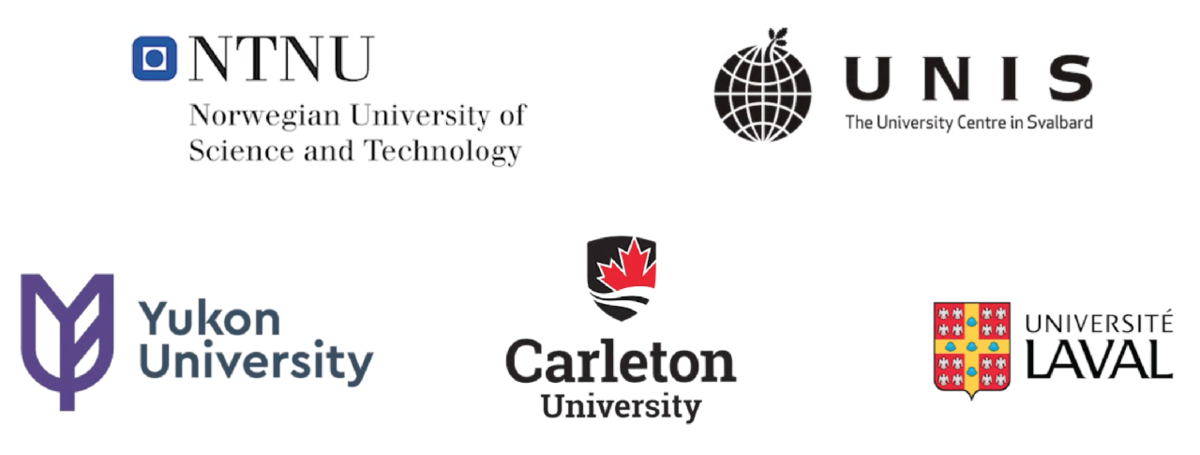Elements of Permafrost Science with Dr. Chris Burn (Carleton University)
This module focuses on the occurrence, growth, and thaw of ground ice.
In this video, Dr. Chris Burn describes the processes associated with the freezing of sands, including volumetric expansion and pore water expulsion.
Summary video |
In this video, Dr. Chris Burn discusses pingos: where they are found, how they form, and their internal structure.
Summary video |
In this video, Dr. Chris Burn explains how intrusive ice landforms like frost blisters are formed.
Summary video |
In this video, Dr. Chris Burn describes how and why unfrozen water content and hydraulic conductivity vary according to temperature and soil type.
Summary video |
In this video, Dr. Chris Burn explains the physical processes that cause the formation of segregated ice.
Summary video |
In this video, Dr. Chris Burn illustrates how massive icy beds are formed and how glaciers contributed to the formation of massive ice in Canada.
Summary video |
In this video, Dr. Chris Burn describes how ice wedges are formed and how deposition and erosion affect ice wedge morphology.
Summary video |
In this video, Dr. Chris Burn discusses buried glacier ice in the western Arctic and how thaw of this ice has caused large retrogressive thaw slumps.
Summary video |
In this video, Dr. Chris Burn summarizes the key concepts covered in Module 2.
Summary video |
These materials aim to summarize some of the basic ideas and information you may need to understand the behaviour and sensitivity of permafrost terrain. The videos are organized into 3 modules, where each module contains 8 lectures. For each lecture, there is a short summary video. Full-legnth lectures will be posted soon, so stay tuned!
Module 1: The Ground Thermal Regime
Module 2: Ground Ice Characteristics and Development
Module 3: Permafrost Geoscience
 |
This video series was sponsored by the Frozen Canoes Project of the Research Council of Norway. The Frozen Canoes Project provides education on landscape and infrastructure dynamics in frozen environments undergoing climate change in Canada, Norway, and Svalbard. This project is a collaborative effort between five partner universities: |
